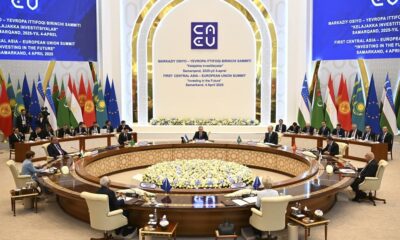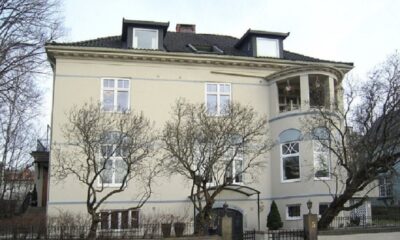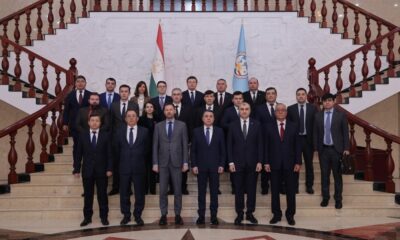Latest News
International Women´s Day; Joint Op-Ed By EU, Norway Ambassadors – Kabul
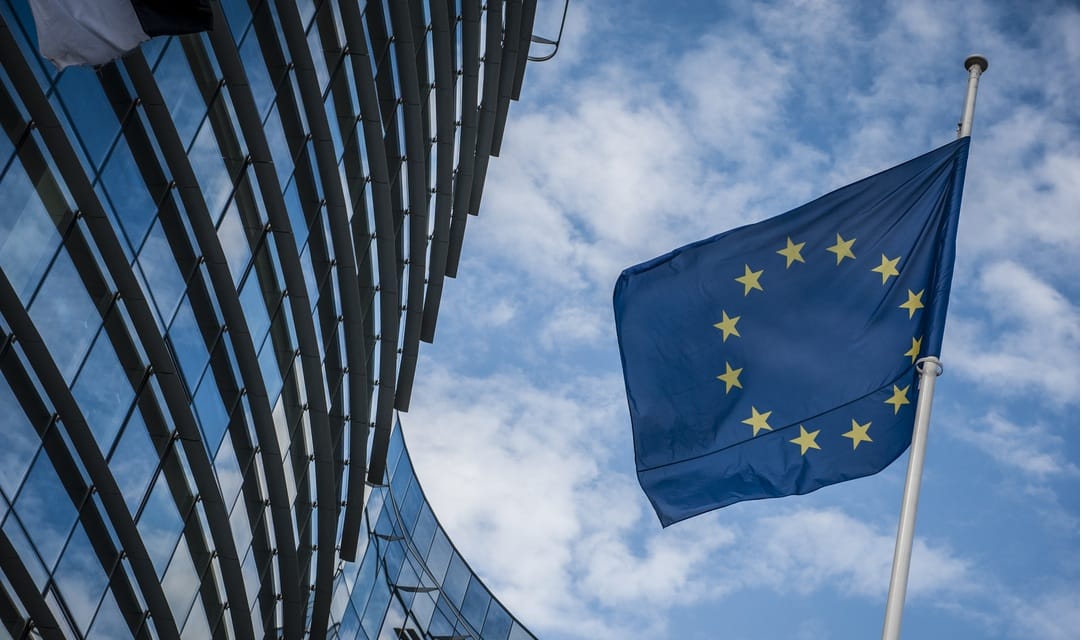
This year again we, the Ambassadors of the European Union and the Member States based in Kabul and the Ambassador of Norway, seize the opportunity of 8 March, International Women´s Day, to offer our support to the women and girls of Afghanistan. But this year is different. Just a few days ago, on 29 February, respectively in Kabul and in Doha, a Joint Declaration was adopted and an Agreement was signed. Both documents share the aspiration to bring peace. Still, we hear that many Afghan women have received them with mixed feelings of hope and fear. These sentiments have inspired our message.
At the outset of these remarks, we express our admiration to the Afghan women we meet in our daily life in Kabul or during visits to the provinces. Be they politicians, rights activists, entrepreneurs, journalists, public servants, medical doctors, farmers or members of the Community Development Councils, members of the ANSDF, or involved in so many other roles, we see them as a vibrant testimony of the progress achieved over the last 18 years as much as a clear denial to those who see no space for Afghan women outside their homes. In the face of so many challenges, these resilient, brave, talented, dedicated women are today an asset for their country.
They will be even more an asset tomorrow provided they become active players in the peace process, taking their rightful seats at the negotiation table. The international experience offers an important lesson for Afghanistan at this critical juncture: a peace process is much more likely to be successful if women are closely involved and their voices influence decisions. Already in Doha last July, on the occasion of the Intra-Afghan Dialogue organized by Germany and Qatar, the large participation of women made the Taliban understand that Afghanistan in 2019 had little to do with the desolated country they had left behind in 2001 after five years of a devastating rule. Their presence and resolute participation in the deliberations also suggested that these changes are irreversible.
Indeed, when considering the gains of the last two decades, without hesitation we characterize the promotion of women´s and girl’s rights as the most iconic among other progresses achieved and also as the most promising for the future of Afghanistan. It is therefore essential that in the context of the peace negotiations, not just women are part of the negotiating Parties but that the status of Afghan women and girls in the post-conflict scenario is considered a matter of the highest priority.
Ensuring gender equality is a matter of rights. It is also a manifestation of good economic sense. Often borne out of personal ambition or to escape poverty, many women have over the last years become economically active, in employment and as entrepreneurs. Besides raising the children of this country, providing care for the elders and the victims of this war, women now also bring financial support for their families. They are an integral part of the economy. And Afghan women have all reasons to be proud of this achievement.
In the coming months, hard work is required towards establishing new common ground so that we may see dignity, self-determination, and respect of women and girls ensured in a future Afghanistan. Progress of women is progress for all of Afghanistan. It is not an option but a necessity. An equal Afghanistan is an enabled Afghanistan.
We have made the values and principles of the Islamic Republic of Afghanistan the cornerstone of our partnership with your country. 2020 will be the year of a new pledging conference for Afghanistan where donors will sit with the Government to discuss our financial commitments and associated objectives for the next four years. No doubt that our renewed engagement will be for a large part inspired by the great example offered not just to this country but to the world by the courageous women of Afghanistan.
So let’s, as Europeans and as Afghans, celebrate Women´s Day and be determined to make a difference for gender equality!
Latest News
WATCH: Authorities scramble to accommodate refugee influx at Afghanistan border
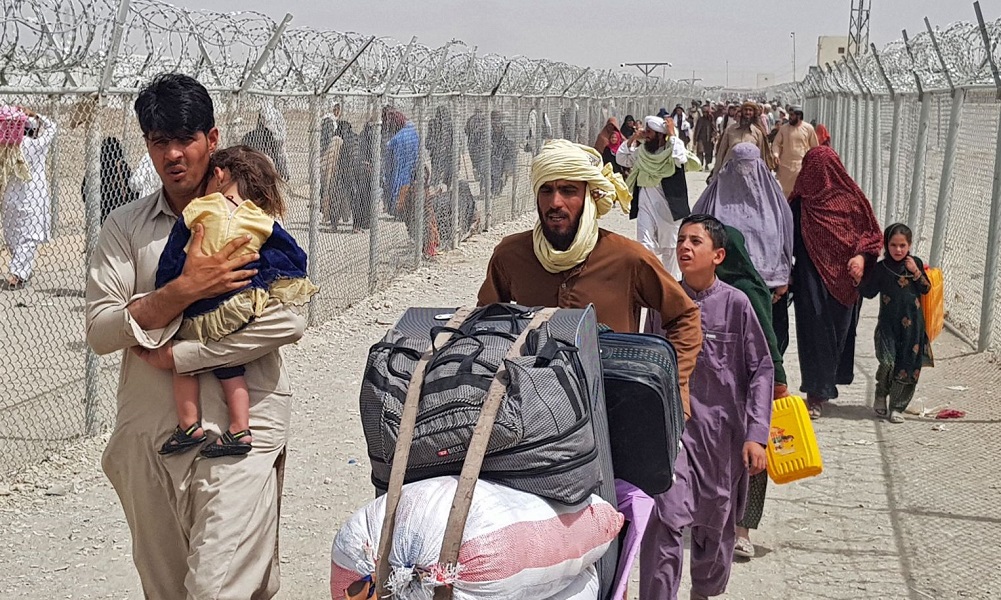
As thousands of refugees cross back into Afghanistan amid Pakistan’s campaign to forcibly expel over 1 million Afghans, local officials scramble to accommodate the influx which also means areas of landmines need to be cleared around the Torkham border area in order to establish more tented camps.
The mines and other unexploded ordnance are remnants of Afghanistan’s 20 year war that ended with the collapse of the former US-backed government in August 2021.
Government officials who visited Torkham this week say they are ready to cooperate with returning refugees.
Nooruddin Torabi, the head of the National Disaster Preparedness Agency, visited Torkham on Tuesday. He stressed the need to clear the area of mines and unexploded ordnance.
Torabi also said that another transit camp would be established to temporarily accommodate the returnees.
Refugees however have slammed the Pakistan government for the way they have handled this. Many say they are now homeless after having left everything behind, including houses, businesses and possessions. In addition to this, a large percentage of them have nowhere to go after having lived in Pakistan for decades.
Afghans have been fleeing to Pakistan for over 40 years – since the invasion of the old Soviet Union in December 1978.
Islamic Relief reported this week that tens of thousands of Afghans are facing dire conditions in makeshift camps after crossing the border from Pakistan.
According to the organization, an assessment team that visited Torkham found that many refugees are arriving in Afghanistan without any shelter, food, cash or water. These families were forced to leave possessions – including animals and household items.
People arrive in droves, covered in dust, crammed onto trucks, and face a barren border with no basic services in sight. The first thing that greets them is a harsh, wind storm swirling with dust.
This influx comes amid an economic crisis in the country and as global cuts to humanitarian funding have forced many essential services in Afghanistan to close, including health facilities and food distributions.
Many of the new arrivals have lived in Pakistan for decades after seeking refuge there, fleeing conflicts and instability in their homeland. They include children who were born in Pakistan and have never been to Afghanistan. Many others no longer have close family members in
Afghanistan or have not visited for many years. They are not truly ‘returning home’ as they hardly know Afghanistan and have no homes or livelihoods to kickstart their lives here.
Some of the arrivals do not even speak an Afghan language and many returnees lack proper identification documents.
The interim Afghan government has pledged to take care of refugees returning to Afghanistan and humanitarian organizations are ramping up efforts to help these refugees.
Pakistan last month set an early April deadline for some 800,000 Afghans carrying Afghan Citizen Cards (ACC) issued by the Pakistani authorities to leave the country, in the second phase of efforts to remove Afghans. More than 1.3 million Afghans who hold Proof of Registration cards from the UN refugee agency, UNHCR, have also been told to move outside the capital Islamabad and the neighbouring city of Rawalpindi
Latest News
Afghan, Pakistani commerce minister meet in Islamabad to discuss trade
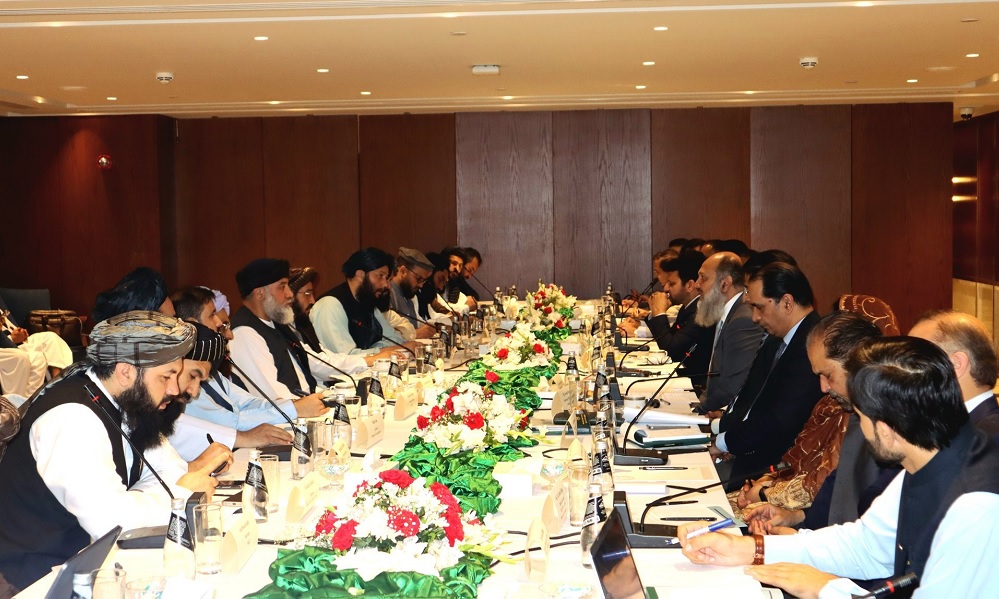
Afghanistan’s Acting Minister of Industry and Commerce Nooruddin Azizi met with his Pakistani counterpart Jam Kamal Khan, discussing bilateral trade, transit and other issues of mutual interest, it was announced on Thursday.
Separate meetings between the technical teams of both sides are also expected to be held for further discussions to find proper solutions for existing challenges and boost the bilateral trade, Afghanistan’s embassy in Islamabad said in a statement.
In a separate statement, Afghanistan’s Ministry of Industry and Commerce said that the meeting discussed extension of APTA trade agreement, transit facilities, prevention of smuggling of goods, coal exports, round-the-clock operations at Torkham crossing, possibility of bilateral trade through Ghulam Khan port, movement of trucks between the two countries, bank guarantee and creating a comprehensive mechanism for the management of ports.
Latest News
Islamabad ‘unhappy about something else’, but taking revenge on Afghan refugees: Fazl-ur-Rehman
He wondered why Pakistan was made to suffer from such “blind decisions”.
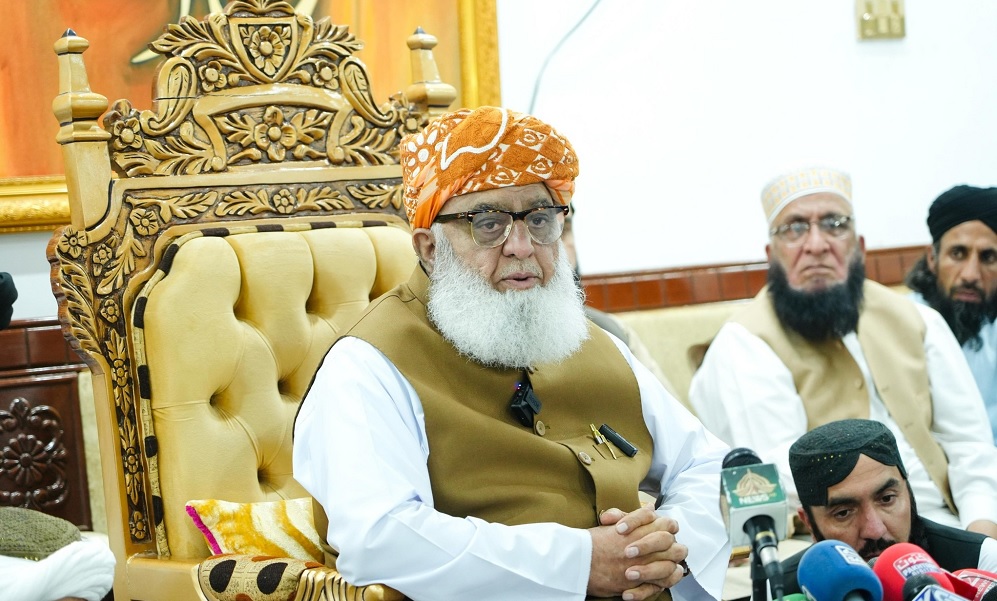
Pakistan’s Jamiat Ulema-i-Islam-F chief Maulana Fazl-ur-Rehman on Wednesday declared the forced deportation of Afghan nationals from Pakistan a violation of their human rights and urged international community and human rights organisations to take notice of it.
“Pakistani authorities are trampling on the human rights of Afghan refugees by hauling them like chattels in vehicles. Islamabad is unhappy over something else but taking revenge on Afghan refugees. This is a sentimental type of decision,” the JUI-F chief told a news conference in Peshawar, Dawn newspaper reported.
He said that Afghan professionals like doctors, engineers and others should have been adjusted here and should not be forced to leave the country.
The JUI-F chief said that expulsion of investors and businessmen who were doing business in Pakistan would also have economic consequences.
He wondered why Pakistan was made to suffer from such “blind decisions”.
“Pakistan’s interest should be kept in mind while making decisions,” he said.
Fazl said that students who were enrolled in Pakistan should also not be expelled and as forcing them out leaves them nowhere.
He said that education was one of the basic human rights and denying it was trampling on human rights.
Regarding the rest of the refugees, the JUI-F chief said that it was an issue between both countries and Pakistan had previously happily accepted Afghan nationals on its soil.
He said that hospitality was a part of Pashtun code.
“It’s imprudent to kick Afghans out of the country after hosting them for 45 years. Both countries should sit together and devise mechanisms for the repatriation of the Afghans,” he said.
Fazl said that unilateral expulsion of Afghan refugees not only violated human rights but also brought bad name to Pakistan.
-
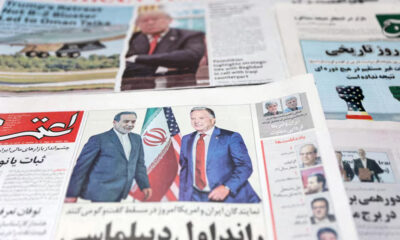
 Regional4 days ago
Regional4 days agoIran, US hold ‘positive’ talks in Oman, agree to resume next week
-
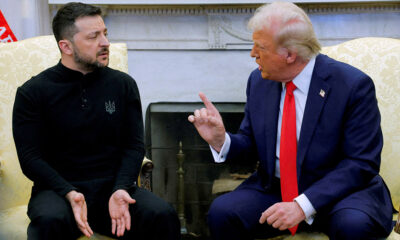
 World4 days ago
World4 days agoTrump says Ukraine talks may be going OK, but there is a time ‘to put up or shut up’
-
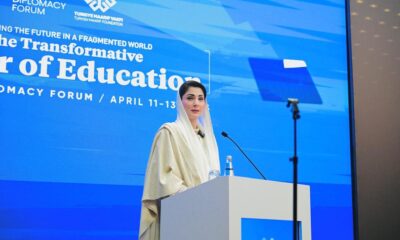
 Latest News4 days ago
Latest News4 days agoPakistan’s Punjab CM calls for ‘human response’ to Afghan girls’ education ban
-

 Regional3 days ago
Regional3 days agoSaudi Arabia plans to pay off Syria’s World Bank debts – Reuters
-

 Latest News4 days ago
Latest News4 days ago6.1-magnitude earthquake shakes northern Afghanistan
-
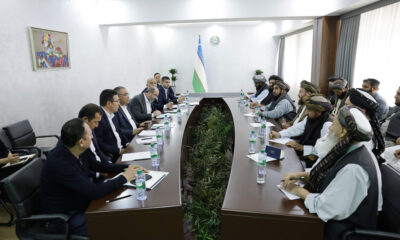
 Latest News3 days ago
Latest News3 days agoAfghanistan and Uzbekistan to expand cooperation in agriculture sector
-
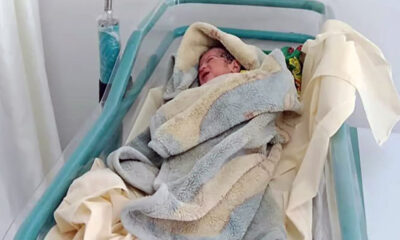
 Latest News2 days ago
Latest News2 days ago17 babies born at Torkham refugee centers in past two weeks
-

 World2 days ago
World2 days agoTrump says Iran must give up dream of nuclear weapon or face harsh response





